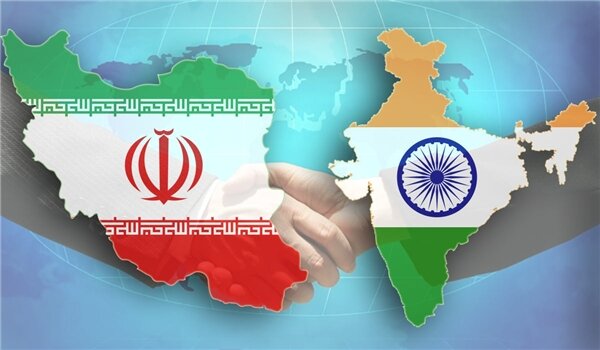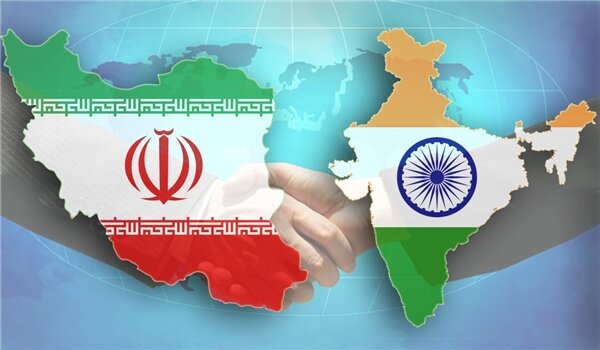History of Assam Tea…
Assam tea, also known as Assam black tea, is a type of tea that is grown in the state of Assam in India. The history of Assam tea can be traced back to the early 19th century when the British East India Company established tea plantations in the region.
The story of Assam tea began in 1823 when Robert Bruce, a Scottish adventurer, discovered a wild tea plant growing in the forests of Assam. He sent samples of the plant to the Calcutta Botanical Gardens for identification. The samples were later identified as a variety of Camellia sinensis, the plant from which all tea is made.
The discovery of the tea plant in Assam sparked the interest of the British East India Company, which had been looking for ways to break China’s monopoly on the tea trade. The company saw the potential for tea cultivation in Assam and established the first tea plantation in the region in 1837.
Challenges for Cultivation of Assam Tea
The early years of tea cultivation in Assam were fraught with challenges. The climate and terrain of the region were difficult, and the British struggled to find a way to cultivate the tea plant successfully. In addition, the local tribespeople, who had a history of animosity towards outsiders, were not initially receptive to the idea of tea cultivation.
Despite these challenges, the British persisted in their efforts to establish a tea industry in Assam. They imported labor from other parts of India and experimented with different cultivation methods until they finally found a way to produce tea successfully.
By the end of the 19th century, Assam had become one of the largest tea-producing regions in the world. The tea industry had transformed the region’s economy, and tea had become a major export for India.
Assam Tea nowadays..

Today, Assam tea is still an important part of the tea industry. It is known for its strong and malty flavor, which makes it a popular choice for breakfast teas and chai blends. Assam tea is also used in blends for iced tea and other cold beverages.
The history of Assam tea is a testament to the perseverance and ingenuity of the British who established the tea industry in the region. It is also a reminder of the impact that the tea trade had on the world economy and the role that tea has played in shaping cultures and societies around the globe.
In conclusion, the history of Assam tea is a fascinating story of discovery, innovation, and persistence. It is a testament to the human spirit and the ability of individuals to overcome challenges and achieve great things. Today, Assam tea continues to be a beloved and iconic tea, enjoyed by tea lovers around the world.
Some very famous quotes about Assam Tea.
- “Assam tea is a bright, full-bodied tea with a brisk, strong flavor and a rich amber color. It’s perfect for mornings.” – Bruce Richardson
- “Assam tea is the champagne of teas.” – John Weatherstone
- “Assam tea is like a warm hug on a cold day.” – Unknown
- “Assam tea is the quintessential tea for every occasion, with its rich, bold flavor and invigorating aroma.” – Unknown
- “Assam tea is a tea lover’s dream come true, with its bold and malty taste that wakes up the senses and gets you ready for the day.” – Unknown
- “Assam tea is like liquid gold in a cup, with its bright and robust flavor that is both energizing and comforting.” – Unknown
- “Assam tea is the perfect pick-me-up when you need a little extra boost to get through the day.” – Unknown
- “Assam tea is a tea that is made for sipping slowly, savoring every sip and enjoying every moment.” – Unknown
Tea producing area of Assam
Assam is the largest tea-producing region in India and one of the largest in the world. The state of Assam is located in the northeastern part of India, bordered by Bhutan, Arunachal Pradesh, Nagaland, Manipur, Mizoram, Meghalaya, and West Bengal. The major tea-producing districts in Assam are:
Dibrugarh – Dibrugarh is the largest tea-producing district in Assam and is known for its high-quality tea.
Tinsukia – Tinsukia is another major tea-producing district in Assam, located in the eastern part of the state.
Sivasagar – Sivasagar is a historic district in Assam and is known for its premium tea production.
Jorhat – Jorhat is one of the oldest tea-producing districts in Assam and is known for its tea research and development.
Golaghat – Golaghat is a tea-producing district located in the central part of Assam and is known for its high-quality tea.
Nagaon – Nagaon is a district located in central Assam and is known for its large-scale tea production.
Sonitpur – Sonitpur is a district located in the northern part of Assam and is known for its tea gardens and eco-tourism.
These districts have a favorable climate and soil conditions for growing tea, and the tea produced in these areas is renowned for its unique flavor and aroma. The tea industry is a major contributor to the economy of Assam, providing employment and livelihood to a large number of people in the region.
If anyone wants to know more about tea business please contact me. we are a wholesaler and exporter of various teas from India. our Office is located in Lucknow Uttar Pradesh India. https://dofortimpex.com/contact/
contact us by writing info@dofortimpex.com or WhatsApp me at 8948040174.







11 Responses
Temp mail Nice post. I learn something totally new and challenging on websites
Program iz Pretty! This has been a really wonderful post. Many thanks for providing these details.
Simplywall There is definately a lot to find out about this subject. I like all the points you made
Tech to Trick Good post! We will be linking to this particularly great post on our site. Keep up the great writing
Thanks for sharing. I read many of your blog posts, cool, your blog is very good.
Thinker Pedia Hi there to all, for the reason that I am genuinely keen of reading this website’s post to be updated on a regular basis. It carries pleasant stuff.
I don’t think the title of your article matches the content lol. Just kidding, mainly because I had some doubts after reading the article.
Can you be more specific about the content of your article? After reading it, I still have some doubts. Hope you can help me.
Can you be more specific about the content of your article? After reading it, I still have some doubts. Hope you can help me.
Your point of view caught my eye and was very interesting. Thanks. I have a question for you.
Your article helped me a lot, is there any more related content? Thanks!